“What is justice? Giving water to trees. What is injustice? To give water to thorns. Justice is (consists in) bestowing a bounty in its proper place, not on every root that will absorb water. 1090 What is injustice? To bestow (it) in an improper place that can only be a source of calamity. Bestow the bounty of God on the spirit and reason, not on the (carnal) nature full of disease and complications.” Said Rumi. Justice is, in a way, not condoning the persecution under the name of 'doing what needs to be done'. Because the intention is of great importance on the way to the work done. It is within the scope of justice to separate the right from the wrong, to preserve the measure, to avoid giving more or less to the rightful person. It is not correct to view justice as a set of rules. It should be literally assimilated and, where appropriate, “am I being fair, is it fair to me?” should be asked.
Justice is one of the virtues that must be preserved in terms of ensuring order and trust, especially in environments such as the business world where competition is at an extreme. Regardless of the size of the business, managers should ensure that the managed are treated fairly and should not engage in discriminatory practices such as nepotism.
So what are the indicators of justice? While the laws of the state are based on providing security and peace in the society, institutions also create their own principles and rules to protect the internal balance and trust within the company. These indicators can take different forms depending on our environment, but the underlying desire is always the same: to maintain trust, measure and satisfaction. Indicators in business life are employee satisfaction, mutual trust and avoidance of special treatment during the implementation of the rules. Approaching events and facts with a single point of view and not being able to empathize is one of the biggest obstacles to being fair. In this case, managers have a great responsibility to take action by gaining emotional awareness and understanding the feelings of themselves and those around them.
Justice is not a quality that is monopolized by administrators and decision makers. We are obliged to ensure justice even if we are governed in our own lives as well as in the environments we live in. We should not be silent and accept the situation when we understand that the managers are acting unjustly. On the contrary, it is the most important step we can take to defend what we think is right within the framework of the rights and freedoms given to us, to criticize what we find unfair, and most importantly, not to remain silent about any injustice.
This situation is no different for managers and managed people in the business world. Maintaining justice is essential in building trust and creating a healthy work environment between employees and employers. Fairness must be questioned at every step of the decision-making process: decisions must go through a continuous evaluation phase as they are made, implemented and supervised. It is important that the division of labor is fair, that the employee is given the material and/or moral incentive he deserves after his work, and that responsibilities are shared considering the needs and personal skills of the employee. Even if we do not have a written “justice list” and we do not have to fill the checkboxes of this list every day, we must take care to protect our virtues even in challenging situations such as competitive business environments. After all, what makes a person human is that he can protect his human values and protect his will in such difficult situations.
Companies and managers should provide a fair working environment for their employees. Regardless of cultural background, gender, seniority, all employees should be offered equal opportunities and should not be discriminated againstThe fact that female employees under the same job title and with the same workload are paid less than male employees is one of the most important examples of injustices in business life that we still see today.
It is also our responsibility not to remain silent to such injustices because this is not just an injustice done within the institution, but a problem that we must overcome in general. Features such as gender, religion, language, race should not be a factor in exclusion in any area of life, including business life, and should not prevent equality of opportunity. Because all kinds of discrimination are against the law and such discrimination should not be allowed in the business environment. Regardless of the size of the business, a business ethics policy should be followed and the matter should be shared with the company executives as soon as it is understood that this policy is violated and not treated fairly. Because justice is a phenomenon that no person can renounce, regardless of the ruler or the ruled.
If an employee thinks that he or she has been treated unfairly, he or she will have to cope with many negative emotions such as feeling inadequate, helplessness, tension, unhappiness and disappointment. This situation not only kills the work performance of the person, but also injures his communication with the people around him. In order to prevent these, it is very important to maintain the bridge of trust and to ensure that satisfaction is maintained by getting feedback on this issue when appropriate.
If the decision makers in the business environment start to make decisions with the mentality of 'My way or the highway' under the influence of the authorities given to them, there will be a low motivation in the workplace and this mentality will be one of the main reasons underlying all the problems to come. A very positive comment cannot be made about the future of an enterprise whose scales of justice prevail on one side. When employees realize this injustice, the negative emotions they will experience will reduce their motivation, cause conflicts between employees and form the basis of problems that are very difficult to solve in the workplace in the long run.
Managers should act in accordance with the determined principles and should not make concessions for anyone. Not to deprive the deserving of their rights, to encourage them, in short, to act appropriately is a critical point in the functioning of these principles. And the line drawn for justice starts right here. Appreciating the employee who works hard or pretending that the one who does not work enough does not exist so that she will not be offended does not show that the management is fair. Encouraging employees to work properly, identifying those who prevent inequality by intervening immediately in any chaos in the workplace, not allowing favoritism and groupism, and applying punishment and reward where necessary shows how fair the management is.
As a result, justice should be protected in all areas from family, which is the smallest institution of society, to business lifeManagers who do not allow the power of authority to blind themselves are the ones who should carry us forward in the search for rights and law. Although it seems that decision makers and managers have a lot of work to do here, each individual of the institution has the duty of 'not to remain silent in the face of injustice' and 'to seek justice'. Every person who stays silent and does not seek his or her rights in cases where justice cannot be provided is contributing to injustice as well. Unless people speak up about this injustice, eventually it will become bigger and people will become afraid to speak up. We should do our part to break this vicious circle, and we should not characterize justice as a phenomenon that is monopolized by the rulers. We must stand firm against being manipulated, our rights being violated, and being treated differently due to factors we cannot control, such as our cultural background. We must make our voices heard in the face of injustice and continue to do so until equal opportunities are created for every individual.
Share:
Related Articles

What Awaits the Business World? A St ...
Digitalization is no longer just a technological trend but a necessity for ...

Digital Transformation in Conflict M ...
Conflict is a reality we encounter in all aspects of life. Whether at home, ...

The Road to Success: Market Dynamics ...
In today’s rapidly changing market conditions, the importance of management ...
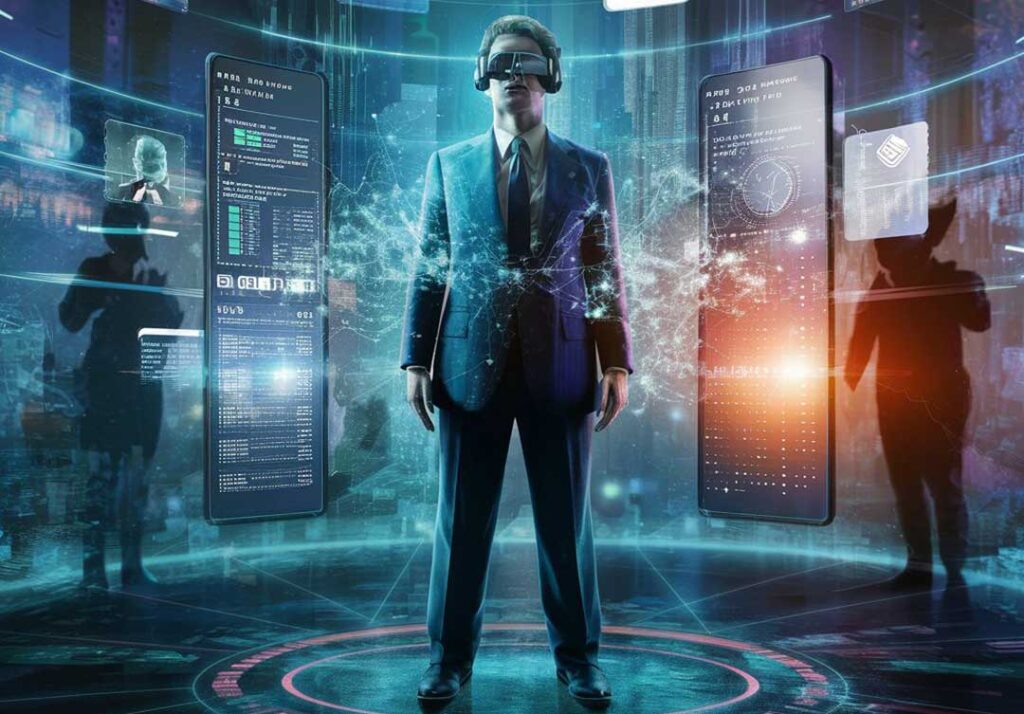
Leadership in the Digital Age: A New ...
Leadership in the digital age requires embracing continuous learning, innov ...

Mastering Risk Management
Mastering risk management is not merely an option for businesses but a nece ...

International Banking in Germany: A ...
Germany, with its strong industrial structure, high-technology products, an ...
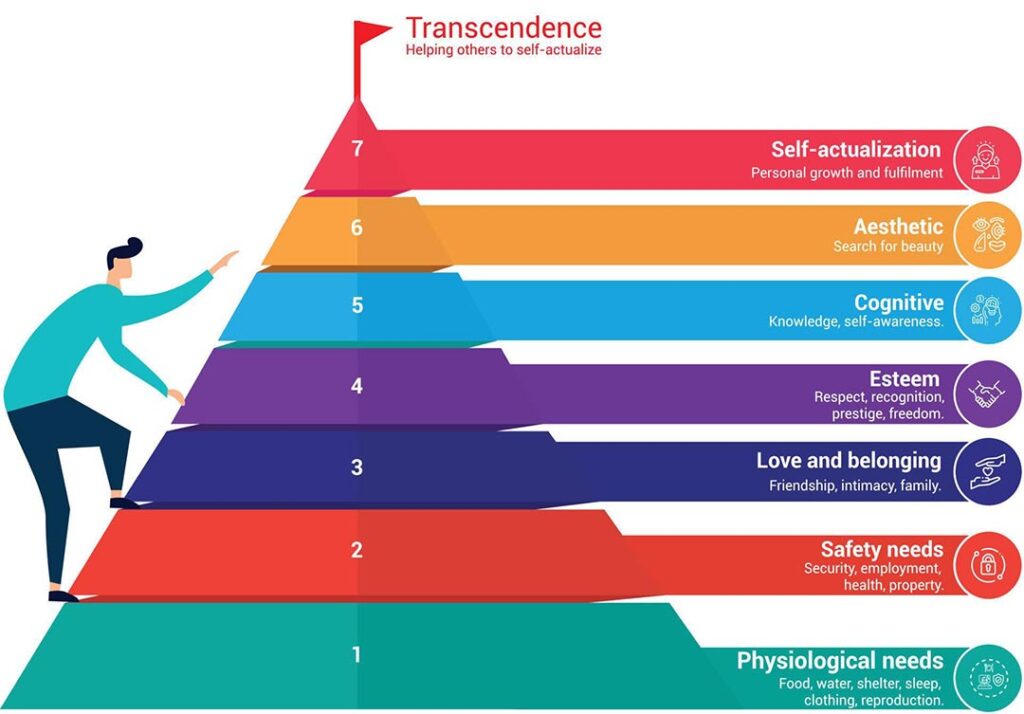
Leadership and Maslow's Hierarchy of ...
Abraham Maslow's hierarchy of needs is a fundamental psychological theory u ...

Leadership and Sustainability of Org ...
Today's business world is characterized by continuous change, technological ...

The Importance of Coaching Skills f ...
The Importance of Coaching Skills for LeadersCoaching skills are essenti ...

Fintech in Turkey: The Rise of Finan ...
Fintech in Turkey: The Rise of Financial Technology

Bancassurance
Bancassurance is a business model that is among the financial services offe ...

Banking and Frankfurt
When the banking and finance sector in Europe is analyzed, it is seen that ...

Digital Banking and Germany
Digital banking is a banking service where customers can do their banking o ...

Banking in Germany
Euro used since 2002 in The Eurozone, the currency of 19 EU members. There ...
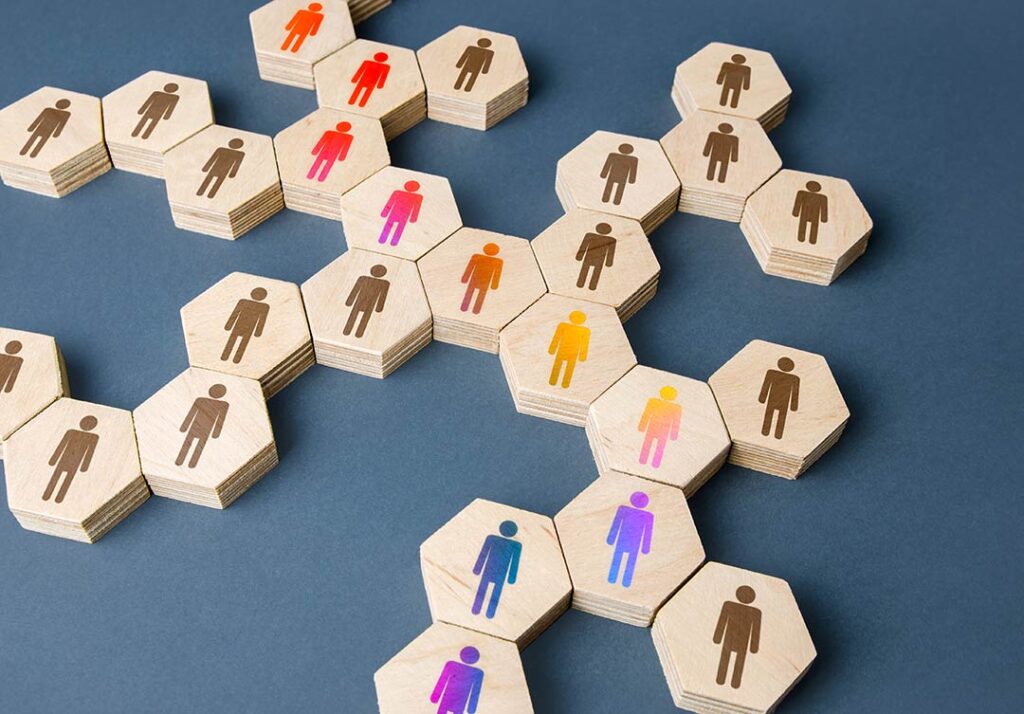
Strategic Communication
Strategic communication plays a critical role in the success of an organiza ...

Importance of Supply Chain
The supply chain is a critical factor in which a company manages the flow o ...

Key to Success: Going Digital
Digital transformation is a transformation process that aims to increase th ...

Welfare
Poverty and inequality are one of the biggest challenges the current societ ...

ChatGPT
ChatGPT, developed by the OpenAI company known for its work and research in ...

What is Emotional Intelligence and w ...
Emotional intelligence (also known as emotional quotient or EQ) is the abil ...

The Importance of Women's Employment ...
Women's participation in the workforce is closely related to the level of d ...

Digital Banking II – Digital Banking ...
A serious step taken for the spread of “digital banking” in Turkey, providi ...

The Perception of Morality within Ma ...
If everybody in the world jumped out of a window, would you? This question ...

Digital Banking
Digital banking is a banking technology that offers customers the opportuni ...
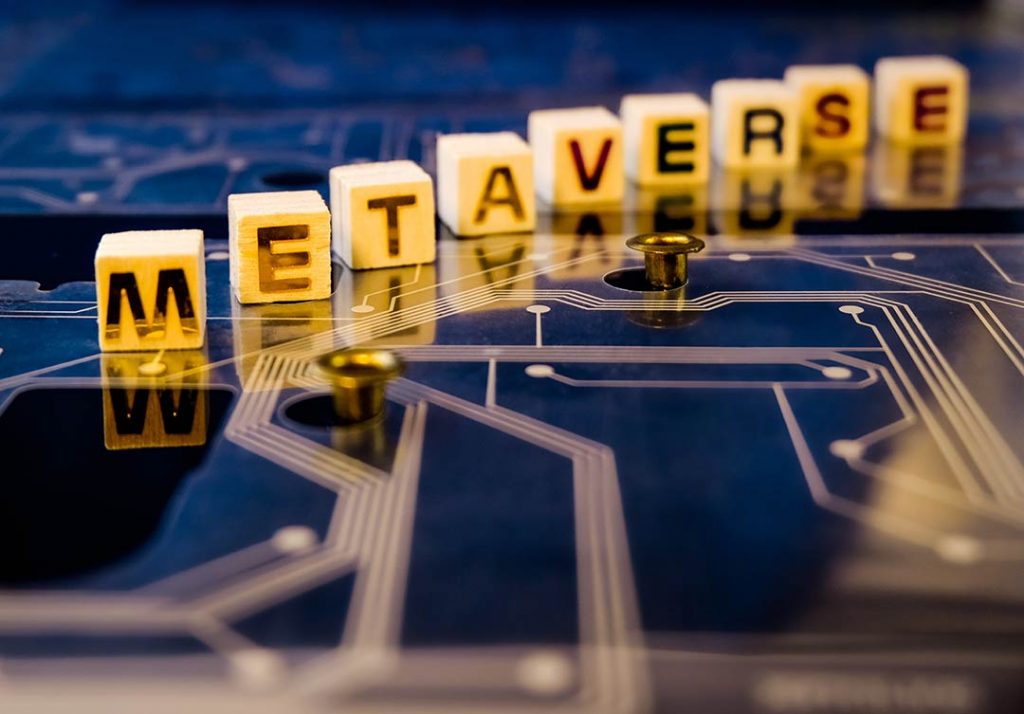
Banking, Artificial Intelligence and ...
We have heard the concepts of metaverse, artificial intelligence and machin ...

Green Asset Ratio
Sustainable finance has an important place among the investments made for t ...
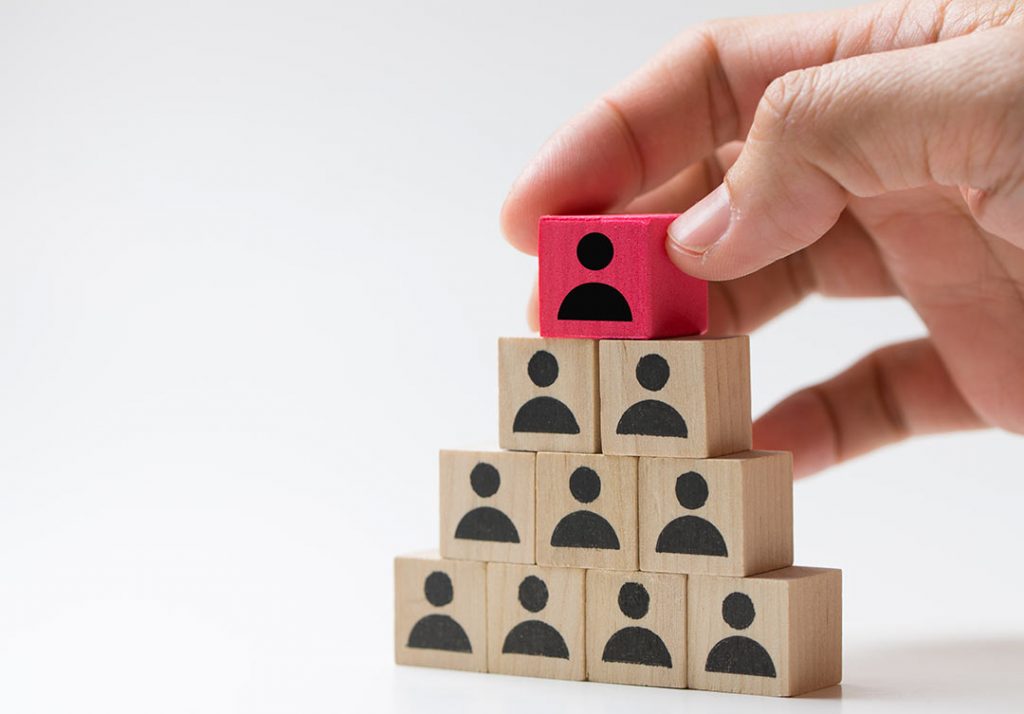
Servant Leadership
There is an effective form of management that we often hear about today: se ...

Sustainability In The Global Banking ...
Before Covid-19 wreaked havoc on the world’s economies, the global banking ...

Revolution of Digital Banking
With the European Central Bank considering to investigate for a digital cur ...

Taking Action and Making Decisions i ...
Uncertainty is the fact that an event is not within the framework of certai ...

Wind of Change
Change is an important concept that must be managed for employees at all le ...
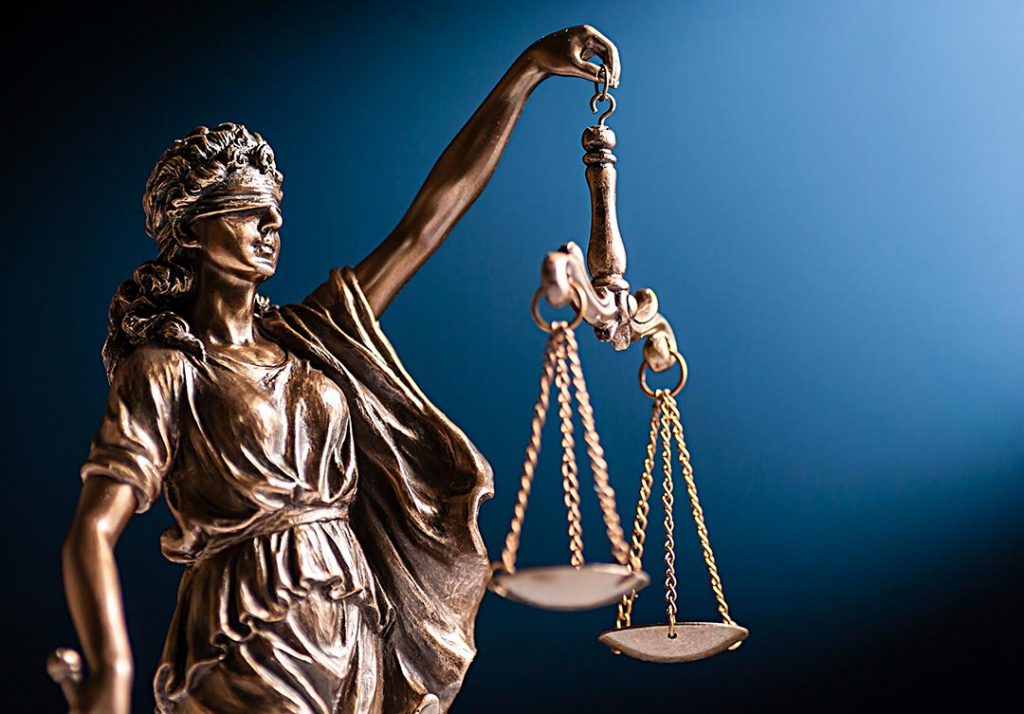
Organizational Justice
“What is justice? Giving water to trees. What is injustice? To give water t ...

Open Banking
Digital transformation has started to show its effects in every aspect of o ...

Digital Literacy And Corporate Life
There are many innovations that managers and employees need to follow in or ...

Financial Literacy
The words money and economy are two important concepts that have a great pl ...

Sustainability and Bank
The solutions we have found to our various needs throughout history and ada ...

Adaptability, Flexibility and Leader ...
Being able to adapt to changing conditions is very, very important not only ...

Creativity and Leadership Relationsh ...
The world is getting more competitive every day. For this reason, the servi ...

Competitive Analysis and Banking Sec ...
Competition analysis requires you to examine your direct and indirect compe ...

Delegation in Management
The statements "two heads are better than one" or "teamwork makes the dream ...

Climate Change
All creatures evolve to best adapt to environmental impacts. Those who are ...

Change of Banking Service Channels i ...
Global crises such as the pandemic, force the existing structures to change ...

Innovation
It is undeniable that innovation has a very important place in today's worl ...

Artificial Intelligence
Artificial intelligence is no longer just something specific to science fic ...

Entrepreneurship
Entrepreneurship is the process of starting a new business that incorporate ...
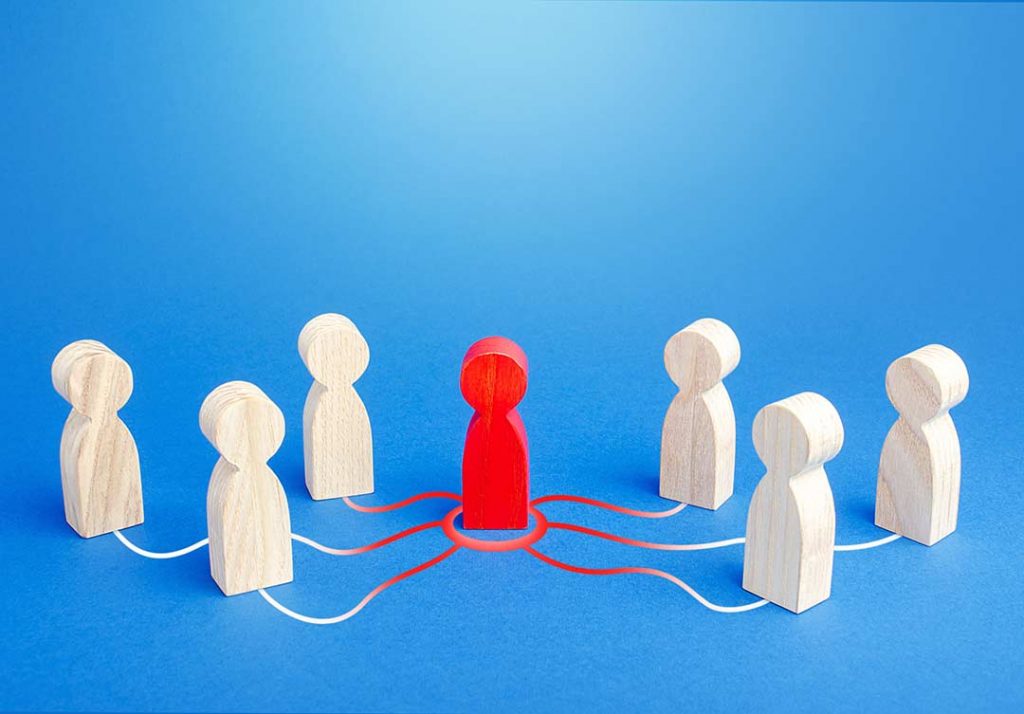
Global Leadership
The world is changing day by day and the information we have today is out o ...

Resilience and Leadership
We encounter many events in life that cause us difficulties and stress. How ...

Entrepreneurial Spirit for Leaders
Why is important for success? The conventional perception of entrepreneursh ...

Finance Leadership in a Pandemic
Crises bring along a period in which institutions need to review their fina ...

Crisis Management
Crisis is a state of tension that puts the existence and goals of an organi ...
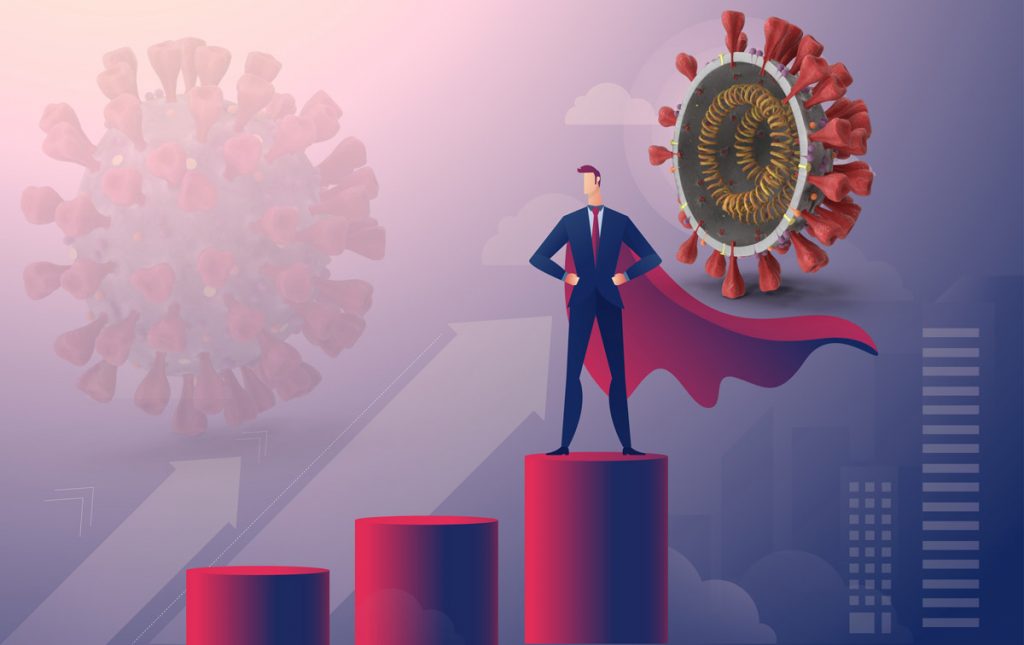
Strategic Leadership and Pandemic
Strategic Leader is the person who sets the roadmap to achieve the ultimate ...

Awareness, Appreciation, Success
It is very important for a person to recognize himself, discover his power ...

Woman and Career
People who are raised by unemployed mothers have a mother model in their mi ...
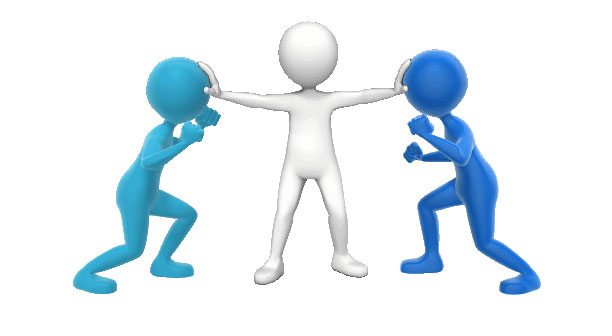
Conflict Management
In the broadest sense, conflict is disagreement between two or more people ...
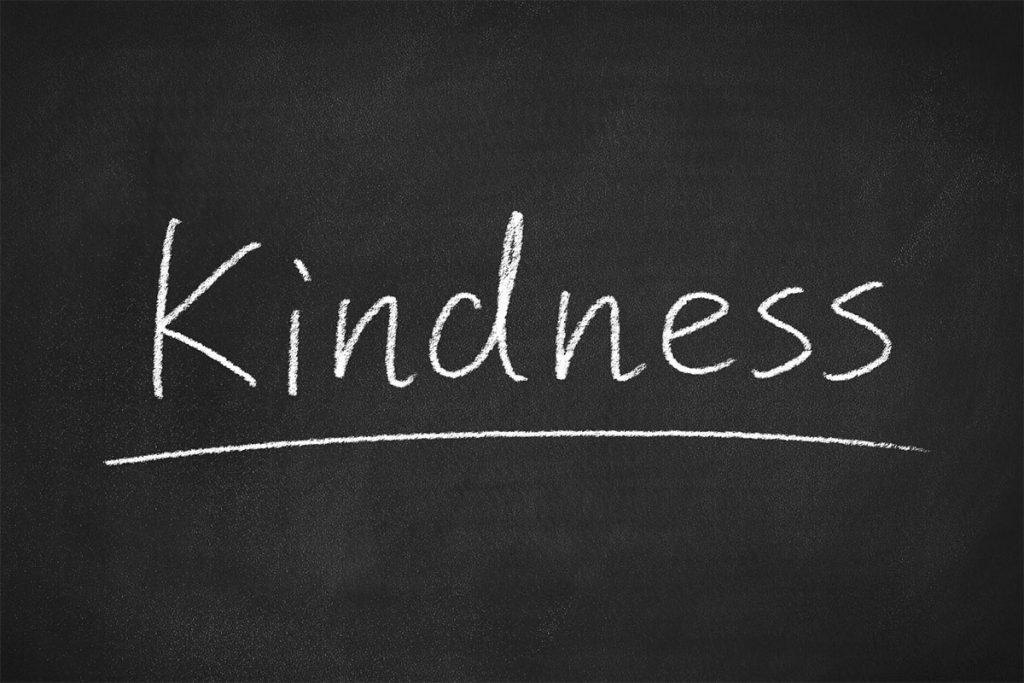
Leading with Kindness
Kindness is an important virtue. Kindness in all areas of life makes relati ...
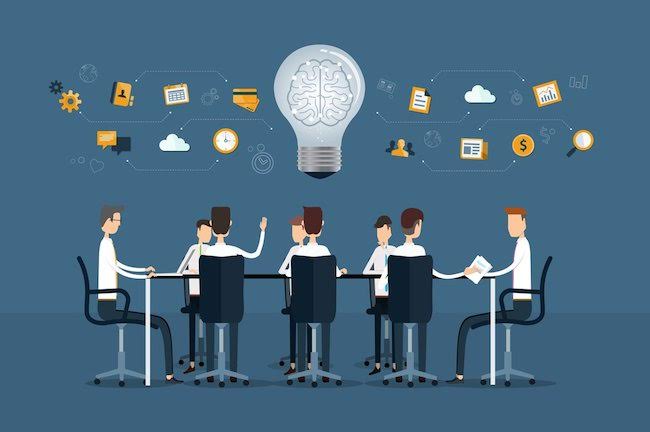
Smart Meetings
Meeting management is the process of managing all stages and components of ...
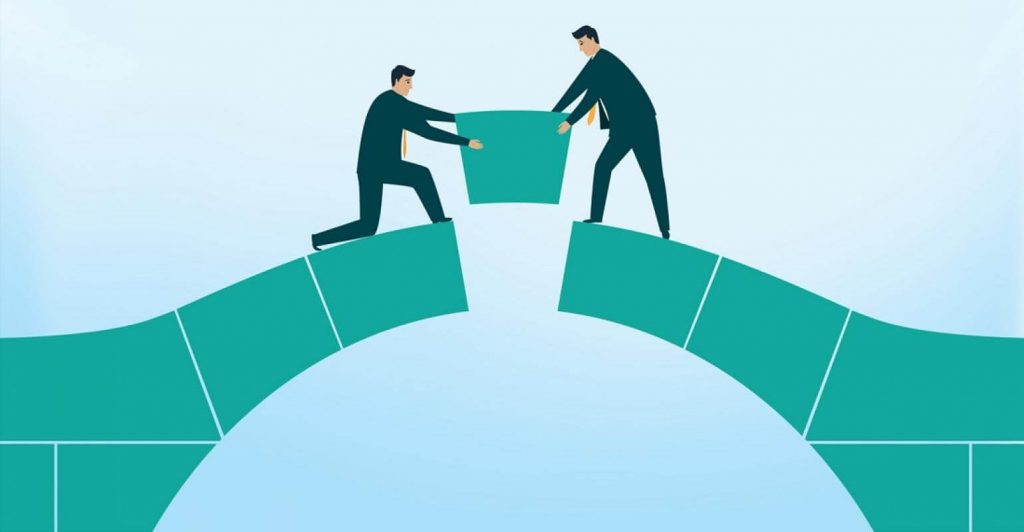
Negotiation Management
Negotiation is defined as a dialogue aimed at reaching a common and benefic ...

Virtual Leadership
The repercussions of the digitalization process in business life were sprea ...

Manager and Patience
Patience is an important concept in management. Patience is active, not pas ...

Being All Ears
Human beings differ from other creatures in their way of communicating. Com ...

Networking
The fact that managers in the corporate world act with awareness of network ...

Asking Strong Questions
For managers, asking a strong question is an important skill. Managers, who ...

Managing Yourself
The manager at work is in communication with the other parts of the busines ...

Mental Immunity
In the fight against Coronavirus (Covid-19) pandemic, knowledge and awarene ...

